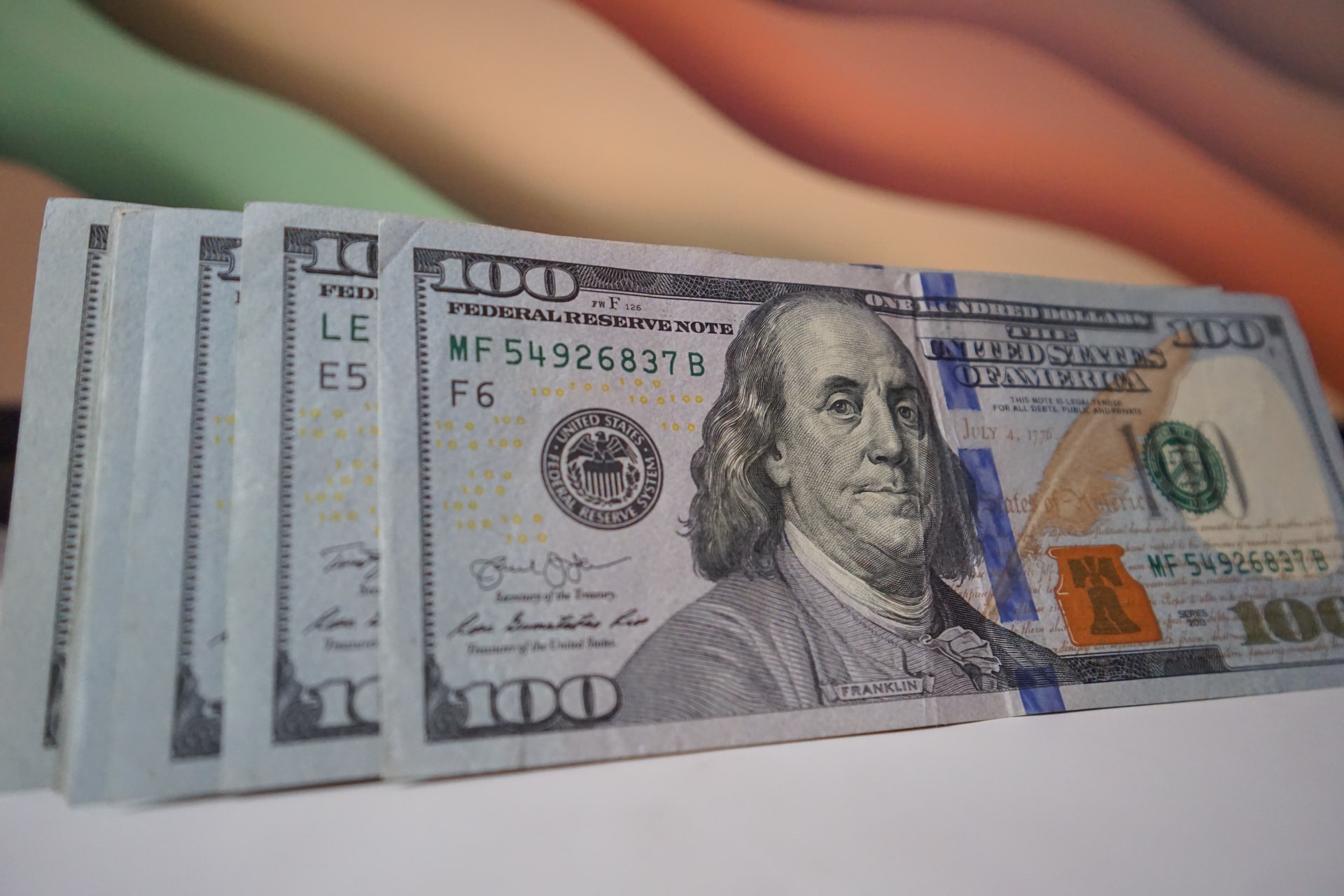Getting rid of all your debts can be a very intimidating and stressful process.
An individual who is in debt is always looking for ways to become debt-free without having to pay it off.
There are a few ways to do this but more often than not, avoiding paying your outstanding debt can prove to be harmful to your financial well-being.
This makes it pivotal for you to be familiar with various drawbacks as well as the negative impact of trying to become debt-free without paying.
You must keep in mind to venture on this route should only if as the last resort when nothing else is working for you. Depending on the type of debt that you have accrued, there may be different ways to get rid of them without paying.
Here are seven ways to get rid of debt without paying.
Loan forgiveness for public servants
This is available only to people who work in the public sector (government employees) or to some nonprofit organizations.
After making 120 qualifying payments, the remaining part of your direct loans is forgiven.
Loan forgiveness for teachers
You can qualify for forgiveness of an amount up to $17,500 of your loans if you are a teacher who has worked for five consecutive years at an elementary or secondary school or if you work for an educational service agency.
Perkins loan cancellation
You are eligible for Perkins loan cancellation if you are a teacher, a firefighter, or a law enforcement officer. If you fit this criteria, you can get your debt canceled over the course of five years.
Discharge on the closing of school
If your school is closed down while you were attending you may be able to get your student loan discharged.
Debt settlement
This is a way through which you can settle your debt with the lender or collection agency for an amount less than what you may have owed them originally.
This is accomplished through a formal agreement between you and the creditor. The debt is generally settled at about 50 to 80 percent of the original amount.
It often involves hard negotiation between the two parties, which you can do yourself, or you might want to hire a qualified debt settlement lawyer to do so on your behalf.
Stop paying your credit card bills
If you do decide to skip your credit card payments your accrued debt is turned over to a collection agency. This makes your credit score decline drastically and will make it very difficult for you to borrow for the next several years.
There is also a very high probability that you will get sued by your creditors.
However, there is a statute of limitations on the period of time creditors can sue you for outstanding credit card debt, which mostly varies in the range of three to ten years.
So, technically, you can stop paying your credit card bills, but it is not wise to do so because you may be held liable for them later.
Other discharge options
Existing debts are also discharged in the event of death, permanent disability, and for some debts through filing for bankruptcy.


